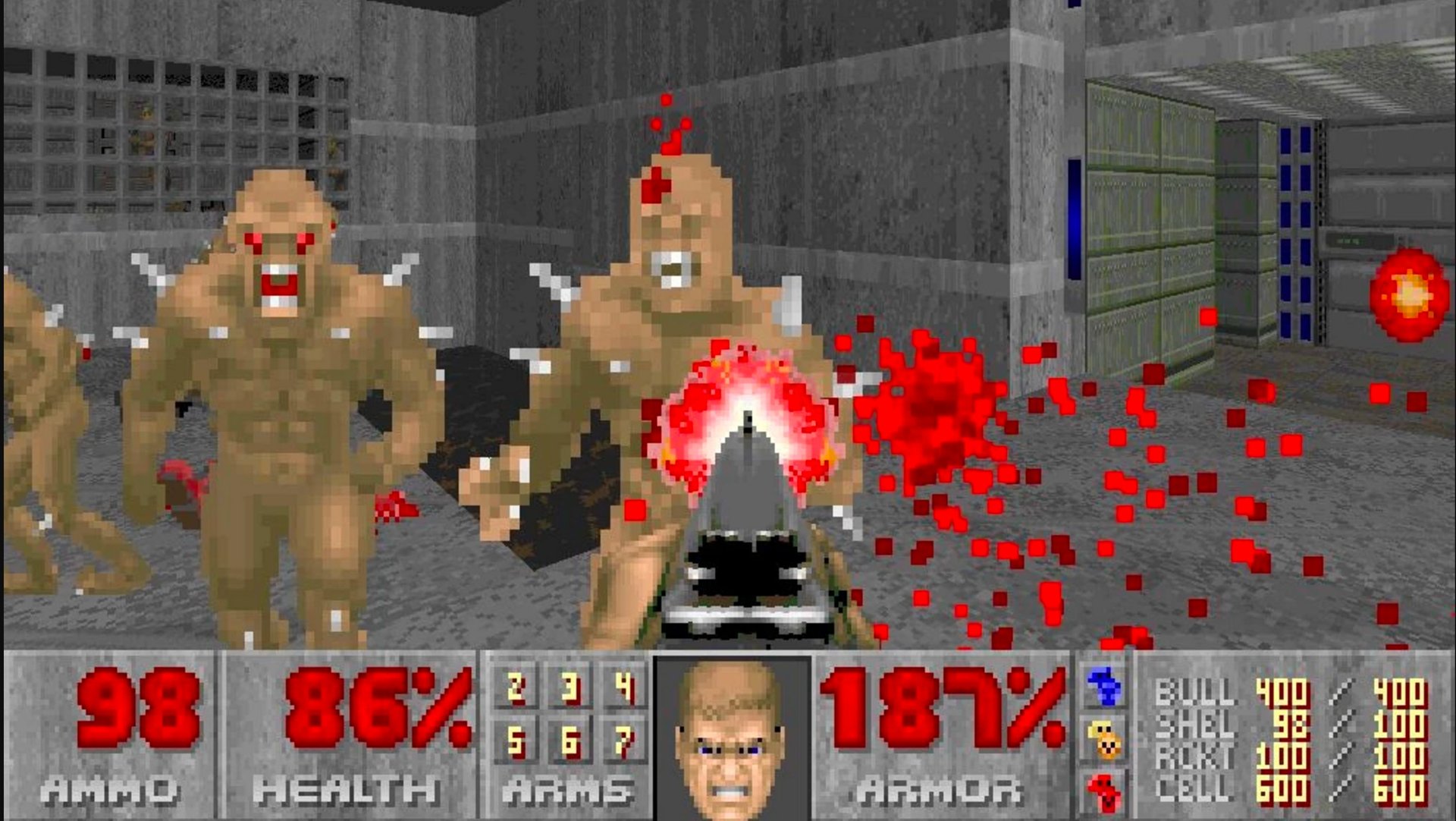Two studies suggesting a link between violent video games and real-life behavior have been retracted
In the first three months of 2017, academic journals retracted two papers that suggested a link between violent video games and real-life behavior.


In the first three months of 2017, academic journals retracted two papers that suggested a link between violent video games and real-life behavior.
The first, entitled “Boom, Headshot!” was published in the Journal of Communication Research in 2012 and, after years of controversy, retracted last January. That study looked at the “effect of video game play and controller type on firing aim and accuracy,” and found that playing first-person shooter games can train a player to become a better marksman in real life.
Patrick Markey, a psychology professor at Villanova University, found some inconsistencies in the data published in the study. In January 2015, he and a colleague alerted Ohio State University, where the authors of the paper conducted the research. The lead author of the study, psychology professor Brad Bushman, emailed an official at OSU a month later, suggesting the allegations were part of a smear campaign against him and his co-author, according to Retraction Watch.
“I believe Dr. Markey has an ulterior motive for going after me and my former Ph.D. student Jodi Whitaker,” Bushman wrote. “He wants to discredit my research and ruin my reputation.”
By the end of 2015, OSU launched an misconduct investigation into Whitaker, but hasn’t released any details about its findings.
Last January, the Journal of Communication Research retracted the paper. Bushman had agreed to the retraction, and began an attempt to re-do the original study with a larger sample size.
“A Committee of Initial Inquiry at Ohio State University recommended retracting this article after being alerted to irregularities in some variables of the data set by Drs. Markey and Elson in January 2015,” the retraction notice read. “Unfortunately, the values of the questioned variables could not be confirmed because the original research records were unavailable.”
The retraction notes that the journal is currently reviewing Bushman’s replication of the study. But just as one controversy over his work seemed to be coming to an end, another had already begun.
A paper published in Gifted Child Quarterly in 2016, authored by Bushman and three others, caught the attention of Joseph Hilgard, a postdoctoral fellow at the University of Pennsylvania. The paper had studied the “effects of violent media on verbal task performance in gifted and general cohort children,” and found that when children watched a violent cartoon for 12 minutes, their verbal skills dropped substantially for a temporary period.
What surprised Hilgard most, according to an interview with Retraction Watch, was the sheer size of the effect.
First, I found that the huge effect reported was not an error or typo. That struck me as pretty unusual, considering the effect size that’s typical in this type of psychology research. Second, such data—especially in children–tends to be quite noisy. But when I plotted the data, it became visually clear that everyone in the treatment group decreased consistently by similar amounts. It was very unusual for every single data point to behave in such a similar way.
Hilgard said that OSU, Bushman, and others he spoke with about the study were helpful and forthcoming, but could not provide information on the study’s data collection process. The author who collected the data, it turned out, lived in Turkey and fell out of contact following the recent coup attempt. Last week, Gifted Child Quarterly retracted the paper.
“As the integrity of the data could not be confirmed, the journal has determined, and the co-authors have agreed, to retract the study,” the retraction notice said.
Bushman declined to comment, and referred us to Jeff Grabmeier, a spokesperson for OSU. Grabmeier has yet to send Quartz a statement.